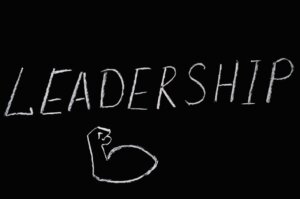What do you see in your organization – people taking responsibility or pointing fingers at others? If it’s the latter, how do you stop the blame game and how do you start getting accountability?
The word accountability – employees doing what they are suppose to do – seems to stir up frustrations for many managers. I have seen how it’s been used by some to assign fault and mete out punishment. But I have also seen how it’s been used to propel an individual, a team or company to great success.
What is Accountability?
My simple definition of accountability is the person’s, as well as the team’s, responsibility for the outcome(s) of what they do. People look beyond their narrow job description and focus on results – the completed product or service- their work is contributing to. When people adopt a sense of accountability, they recognize that their participation can and will make a difference. They go the extra mile because they know what to do and they know how their job and their actions will drive results.
How Do You Create It?
So, as a manager, how do you lead so that personal accountability is accepted and embraced. Here are three steps to take to stop the blame game and start getting accountability.
- People Have to See it:
Because reality frequently changes – what worked yesterday may not work today- a leaders needs to stay alert and be flexible. This means obtaining others’ perspectives ideas and feedback. A leader must not only acknowledge but, most importantly, help others understand the what -the who- the and the why of what’s being asked of them. - People Have to Own it:
A leader also helps others to be personally invested in desired outcomes. It’s done by linking their specific tasks and responsibilities with key priorities first of the team, then the department or the business unit and finally up the line to the company. You need to demonstrate the value and importance of what they do. - People Have to Solve it:
Obstacles can always get in the way of achieving results. Yes as a leader, the “buck stops with you”. However you don’t always need to be the one to find the solution. Ask them “What else can we do so this gets resolved?” You tap into their wisdom and also their participation creates personal responsibility for the implementation of the solution.
Management Success Tip:
The payoffs for positive accountability are better performance metrics, but perhaps more significant is the impact on your people. When people participate more fully in their jobs, they create meaning and fulfillment. Work becomes more pleasurable. That’s A crucial step toward high employee engagement and commitment. Also see Do Employees Do What They’re Suppose to Do?
Do you want to develop your Management Smarts?
- Build your skills with The Effective Manager.
- Sign up for Quick Wins: 101 Management Tips.
- Find performance boosters in the Smart Moves Blog.
- Need a speaker? Get the Edge keynotes-webinars-workshops.
- Copyright © 2013 Marcia Zidle business and leadership coach.
 Sections of this topic
Sections of this topic
















